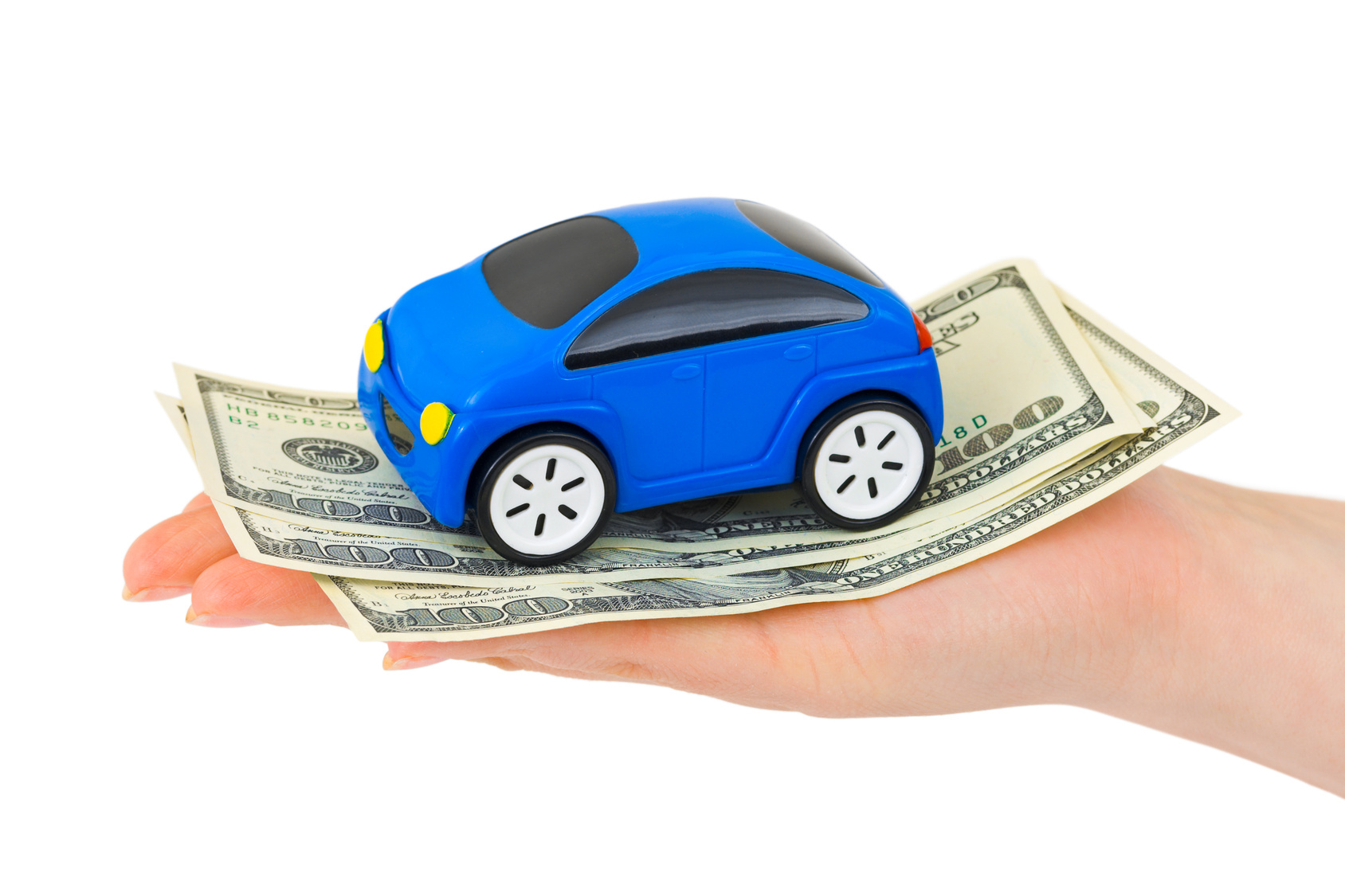Car insurance is an crucial aspect of sound vehicle ownership, providing monetary protection against a number of risks that drivers experience on the road. For a lot of people, navigating the landscape of auto insurance can be daunting, with a wide range of options, coverage types, and terms that might look complex at first. Understanding the fundamentals of car insurance is vital not only for compliance with statutory requirements but also for safeguarding your financial well-being in the event of an accident or harm to your vehicle.
As a driver, being aware about car insurance enables you make wiser decisions about the coverage you need. From liability and collision coverage to understanding deductibles and premiums, there are numerous factors that impact your insurance situation. This article aims to break down the essential elements of car insurance, helping you comprehend what every driver should be aware of to ensure they are sufficiently protected while on the road.
Types of Car Insurance
There exist a number of types of car insurance policies available, each designed to meet diverse wants and needs of drivers. One of the most frequent types is liability insurance, that is obligatory in most states. This type of insurance pays for damages and injuries you cause to others in an accident where the driver is at fault. It typically includes bodily injury liability and property damage liability, shielding you from financial loss from claims made by others.
An additional common type is comprehensive coverage, which protects your vehicle against non-collision-related incidents. It encompasses theft, vandalism, natural disasters, and hitting an animal. Comprehensive insurance is particularly beneficial for those who live in areas susceptible to such dangers or for drivers with newer, luxury vehicles. It provides confidence knowing that you are covered not just for accidents on the road but for unforeseen events too.
Collision insurance is a further essential component of many drivers' auto insurance policies. This coverage pays for damages to your vehicle resulting from a collision with another vehicle or object, irrespective of fault. If cheap car insurance near dallas, tx are financing or leasing your car, collision coverage is usually mandated by creditors. Collectively, these types of coverage help ensure that you are protected against financial loss in multiple driving circumstances, giving you the assurance to hit the road.
Aspects Determining Premiums
Multiple crucial factors determine the premiums that vehicular operators pay for car insurance. One key element is the motorist's age and driving experience. Generally, less experienced drivers or those with fewer years of driving tend to face increased costs due to their increased risk of accidents. Insurers typically view more mature, more seasoned drivers as more prudent behind the wheel, which can result in reduced costs.
The kind of vehicle also plays a significant role in influencing insurance costs. Cars that are higher-priced to repair or replace generally come with higher premiums. Additionally, automobiles with sophisticated safety features may be eligible for discounts, as they are seen as less prone to be associated with serious collisions. Insurers will also consider the likelihood of theft or the vehicle's safety records.
One more important factor is the operator's record of claims and financial rating. A record of previous claims can indicate to insurers that a driver is at greater risk, resulting in higher rates. Similarly, a person's financial score can affect premiums, as insurers commonly use it as a metric of creditworthiness. Higher credit ratings may lead to reduced rates, while lower scores could result in greater premiums for auto insurance.
How to Select a Proper Policy
Picking a right car insurance policy starts with knowing your personal needs as a driver. Think about factors such as your driving habits, your type of vehicle you own, and your budget. When you drive a recent car, you may want a policy with full coverage to protect against theft or harm. Conversely, if your car is vintage, minimum liability coverage may be adequate. It's important to evaluate how much coverage you need based on your willingness to take risks and lifestyle.
Then, shop around and compare quotes from different providers. Insurance companies often have varying rates for the same coverage, so taking the time to gather multiple quotes can lead to substantial savings. Look beyond just the price; assess the company’s standing, customer service, and claims process. Reading reviews and asking friends or family about their experiences can offer perspectives into which insurers are trustworthy and offer comprehensive support.
In conclusion, understand the terms and conditions of each policy before finalizing a decision. Focus on the deductibles, coverage limits, and any exclusions that may apply. Don't hesitate to consult insurance agents for clarification on any points you find ambiguous. The goal is to make sure you find a policy that not only fits your budget but also provides you peace of mind while on the road.

